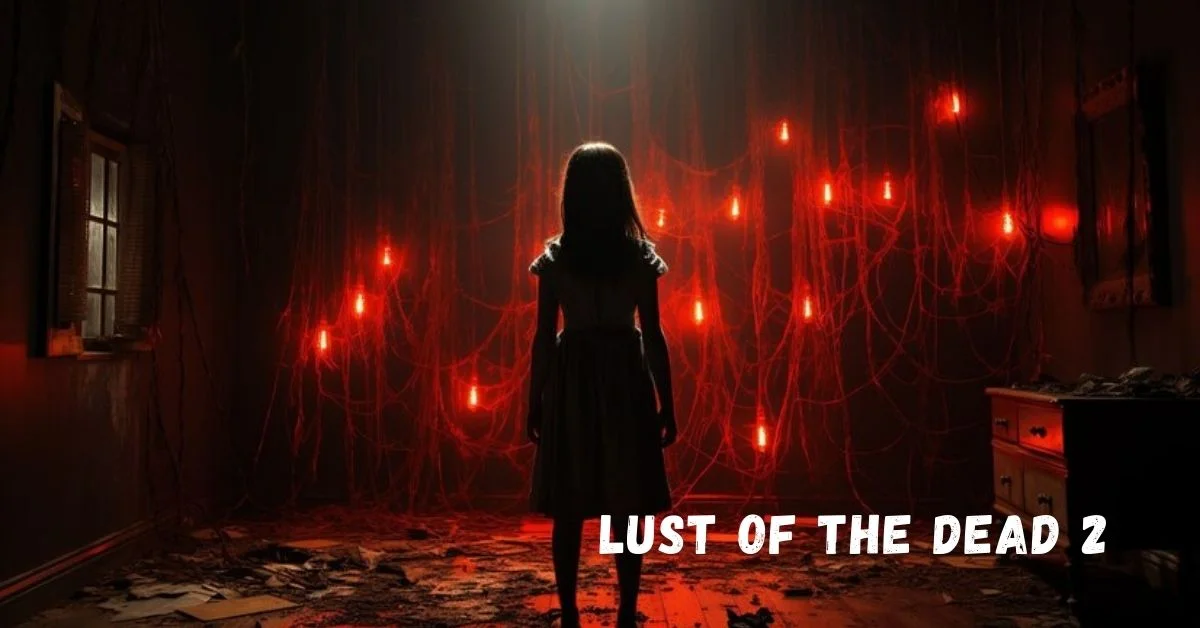In Jane Austen’s “Pride and Prejudice,” Mr. Charles Bingley is often perceived as the epitome of charm and affability. However, beneath this surface lies a character whose childish actions significantly impact the narrative and other characters. Mr Bingley’s Childish Actions In The Book Understanding Bingley’s flaws not only offers a deeper insight into his character but also enhances our appreciation of Austen’s nuanced storytelling. One of Mr. Bingley’s most evident flaws is his naivety, particularly shown through his over-reliance on Mr. Darcy’s opinions. Bingley’s inability to make independent decisions reveals a certain childishness in his character. This dependence becomes glaringly obvious when Darcy advises him against pursuing Jane Bennet, leading Bingley to abandon his courtship abruptly. His inability to assert his desires and stand up to his friend’s influence demonstrates a lack of maturity and self-assuredness.
The Impact of Bingley’s Inconsistency on Jane Bennet
Bingley’s inconsistency is another childish trait that profoundly affects Jane Bennet. His swift changes in affection, dictated by external influences rather than personal conviction, cause significant emotional turmoil for Jane. This fickleness not only highlights his immaturity but also contrasts sharply with Jane’s steadfastness and emotional resilience. The pain and confusion he causes Jane underscore the consequences of his actions, painting him as a less reliable character.
Bingley’s Social Dependence and Fear of Confrontation
Bingley’s social dependence and fear of confrontation are key elements of his childish demeanor. He thrives in the comfort of social gatherings and avoids confrontations, preferring to maintain harmony even at the expense of his own happiness. This aversion to conflict prevents him from confronting Darcy or Caroline Bingley about their interference in his relationship with Jane. His inability to face difficult situations head-on is a testament to his juvenile tendencies.
Mr. Bingley’s Charm: A Double-Edged Sword
While Bingley’s charm and sociability make him likable, they also mask his underlying weaknesses. His pleasant demeanor often distracts from his lack of depth and decisiveness. This charm can be seen as a double-edged sword, winning him friends and admiration but also allowing his flaws to go unchecked. This duality in Bingley’s character enriches the narrative, offering a complex portrayal of a seemingly simple character.
Bingley’s Journey Towards Maturity
Despite his initial flaws, Bingley’s character does exhibit growth throughout the novel. His eventual realization of Darcy’s manipulation and his decision to reunite with Jane demonstrate a significant step towards maturity. By reclaiming his agency and pursuing his true feelings, Bingley begins to shed his childishness. This evolution not only redeems his character but also highlights Austen’s theme of personal growth and self-discovery.
Read Also : Discovering Vegamovies.LLC A Comprehensive Guide
Comparing Mr. Bingley to Other Austen Characters
Comparing Bingley to other characters in Austen’s works further illuminates his childish traits. Unlike Mr. Knightley in “Emma” or Colonel Brandon in “Sense and Sensibility,” who embody maturity and steadiness, Bingley’s youthful exuberance and indecision set him apart. These comparisons underscore the diversity in Austen’s character portrayals, emphasizing Bingley’s unique place in her literary universe.
The Role of Society in Shaping Bingley’s Actions
Societal expectations and pressures play a significant role in shaping Bingley’s actions. His adherence to societal norms, such as deferring to Darcy’s judgment and valuing social status, reflects the influence of his environment on his behavior. This societal influence contributes to his initial lack of independence and self-assurance. Understanding this context provides a fuller picture of Bingley’s character and the forces that drive his actions.
Mr. Bingley’s Relationship with Caroline Bingley
Bingley’s relationship with his sister Caroline further highlights his childishness. Caroline’s manipulative nature and her influence over Bingley showcase his susceptibility to external control. His inability to see through her schemes and his reliance on her opinions demonstrate his lack of critical thinking and maturity. This dynamic adds another layer to Bingley’s character, illustrating his vulnerabilities.
Bingley’s Dependence on External Validation
Another aspect of Bingley’s childishness is his dependence on external validation. His decisions and actions are often swayed by the opinions and approval of others, particularly Darcy and Caroline. This need for validation indicates a lack of self-confidence and personal conviction. Bingley’s growth towards self-assuredness and independence marks an important development in his character arc.
The Contrast Between Bingley and Jane Bennet
The contrast between Bingley and Jane Bennet further emphasizes his childish traits. Jane’s unwavering loyalty, emotional strength, and maturity stand in stark contrast to Bingley’s indecision and naivety. This juxtaposition not only highlights Bingley’s flaws but also underscores Jane’s virtues, enhancing the depth of both characters.
Mr. Bingley’s Redemption: A Journey of Self-Discovery
Bingley’s eventual redemption is a testament to his journey of self-discovery and growth. By recognizing his mistakes and taking decisive action to reconcile with Jane, Bingley demonstrates significant personal development. This transformation is a crucial aspect of his character and contributes to the novel’s broader themes of growth and redemption.
The Influence of Mr. Darcy on Bingley’s Character Development
Mr. Darcy’s influence on Bingley is a double-edged sword. While Darcy’s guidance initially contributes to Bingley’s childish actions, it also plays a role in his eventual growth. Darcy’s eventual support of Bingley’s reconciliation with Jane signifies a shift in their dynamic, allowing Bingley to step out of Darcy’s shadow and assert his independence.
Bingley’s Flaws: A Reflection of Human Imperfection
Bingley’s flaws reflect broader themes of human imperfection and the complexities of personal growth. His journey from naivety to maturity mirrors the struggles that many individuals face in navigating societal expectations and personal desires. Austen’s portrayal of Bingley as a flawed yet redeemable character adds depth to the novel and resonates with readers on a personal level.
Lessons from Mr. Bingley’s Childish Actions
Examining Mr. Bingley’s childish actions offers valuable lessons about the importance of self-awareness, independence, and personal growth. His character arc serves as a reminder that maturity and self-assurance are essential for true happiness and fulfillment. Austen’s nuanced depiction of Bingley encourages readers to reflect on their own growth and the influences that shape their actions.
Mr. Bingley in Modern Adaptations
Modern adaptations of “Pride and Prejudice” often explore and reinterpret Bingley’s character, highlighting different aspects of his childishness and growth. These portrayals offer fresh perspectives on his flaws and development, demonstrating the timeless relevance of Austen’s characters. Understanding these modern interpretations can deepen our appreciation of Bingley’s role in the original novel.
Reader Reactions to Mr. Bingley’s Childishness
Reader reactions to Bingley’s childish actions vary, with some viewing him as endearing and others as frustrating. These diverse perspectives reflect the complexity of his character and the different ways in which readers connect with his story. Analyzing these reactions provides insight into the enduring appeal of Austen’s characters and the richness of her storytelling.
Read Also : The Ultimate Guide to Netfilm Explore the Best Streaming Platform
The Enduring Appeal of Mr. Bingley’s Character
Despite his flaws, Mr. Bingley remains a beloved character in “Pride and Prejudice.” His charm, affability, and eventual growth endear him to readers, highlighting Austen’s skill in creating multifaceted characters. Bingley’s enduring appeal lies in his relatability and the universal themes of growth and self-discovery that his story embodies.
Conclusion: Mr. Bingley’s Childish Actions and Their Impact
Mr. Bingley’s childish actions play a significant role in “Pride and Prejudice,” affecting both the narrative and other characters. His naivety, inconsistency, and dependence on external validation highlight his flaws, Mr Bingley’s Childish Actions In The Book while his eventual growth underscores the novel’s themes of personal development and redemption. By examining Bingley’s character in depth, we gain a greater appreciation for Austen’s masterful storytelling and the timeless relevance of her characters.
FAQs
How does Mr. Bingley’s naivety affect his relationship with Jane Bennet?
Mr. Bingley’s naivety leads him to rely heavily on Darcy’s opinions, causing him to abandon his courtship of Jane Bennet based on Darcy’s advice. This causes significant emotional turmoil for Jane and delays their eventual union.
Why is Mr. Bingley considered a childish character?
Mr. Bingley is considered childish due to his naivety, inconsistency, and dependence on external validation. His inability to make independent decisions and his reliance on others’ opinions highlight his lack of maturity.
How does Mr. Bingley’s relationship with Caroline Bingley reflect his childishness?
Mr. Bingley’s relationship with his sister Caroline reflects his childishness through his susceptibility to her manipulative nature. His reliance on her opinions and inability to see through her schemes demonstrate his lack of critical thinking and maturity.
What role does society play in shaping Mr. Bingley’s actions?
Society plays a significant role in shaping Mr. Bingley’s actions by influencing his adherence to societal norms and values. His reliance on Darcy’s judgment and his concern for social status reflect the impact of societal pressures on his behavior.
How does Mr. Bingley’s character evolve throughout the novel?
Mr. Bingley’s character evolves from naivety and dependence to maturity and self-assurance. His realization of Darcy’s manipulation and his decision to reunite with Jane Bennet demonstrate significant personal growth and the reclaiming of his agency.
What lessons can be learned from Mr. Bingley’s childish actions?
Lessons from Mr. Bingley’s childish actions include the importance of self-awareness, independence, and personal growth. His journey emphasizes that maturity and self-assurance are essential for true happiness and fulfillment, encouraging readers to reflect on their own growth and the influences shaping their actions.





